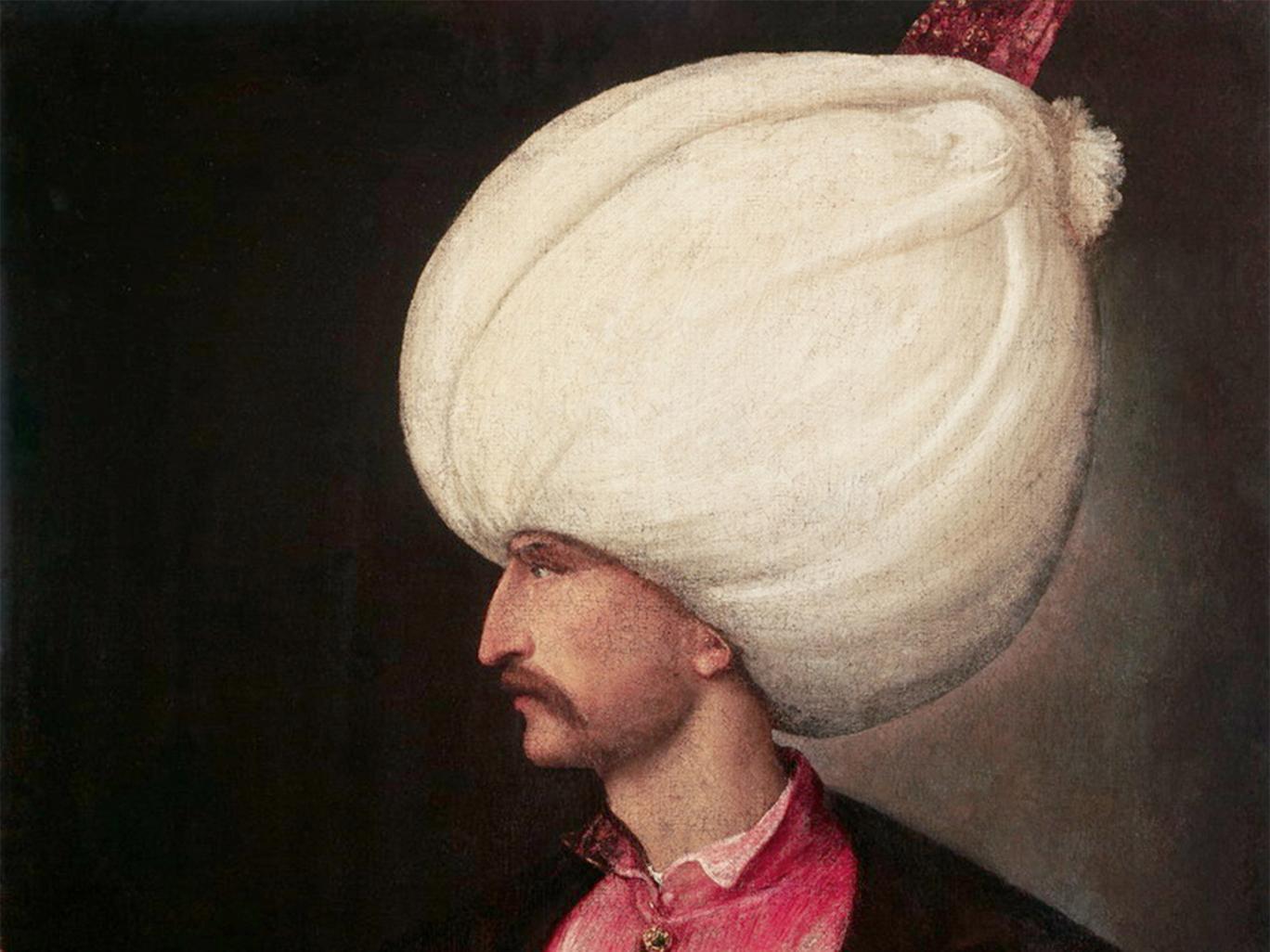Make it real
When you’re writing a book about a historical situation, even a fictional one, you can’t help think about how things worked way back when. This is the point really, to try and imagine how it could have been and build a world around that.
When writing historical comedy-fiction, it involves a whole lot of figuring out how people lived and worked in the larger society, and how they would have responded to situations around them. Likewise, because you’re making up or modifying real life situations that happened, you have to get inside their heads and see how what they would do and what they would say.
To do this, you have to do loads of research. When doing this, I try to look at as many random things as humanly possible. Random is good when you’re in the business of creating a real-seeming place because reality is random.
These people, your characters, have to live in a believable world, constructed by an incredible amount of factors, and often factors most of us would rather not know about, such as law and economics. However, the big and boring forces in our lives and fiction are the ones that motivate people in their lives and their interactions with each other in your world the most.
I came across an article in the Independent, likely while looking up something about a coup, bombing or yoghurt consumption, about how religious law in place in the Ottoman Empire kept it from developing like Western Europe did.

Sharia courts’ bias towards wealthy, Muslim men may have helped bring down the Ottoman Empire
Sharia courts’ bias towards wealthy Muslim men during the Ottoman Empire may have contributed to its downfall, according to a major study of nearly 200 years of case records.
An American economist looked at rulings handed out between 1602 and 1799 and noticed the judges’ efforts to help people “considered worthy of support” had a significant “unintended consequence”.
Because Ottoman elites could rely on support from the courts during contract disputes, they had to pay significantly higher rates of interest on loans than women, non-Muslims and the poor, who were less likely to default because they would face legal punishment.
It seems that industrialisation didn’t happen because there wasn’t investment, and there wasn’t investment because people with a lot of money didn’t trust other people with a lot of money. One thing leads to another and before you know it the Industrial Revolution wasn’t happening. This could lead to any number of situations going on in a story like The Gates of Vienna that would make the story, although many times absurd and funny, quite real.
